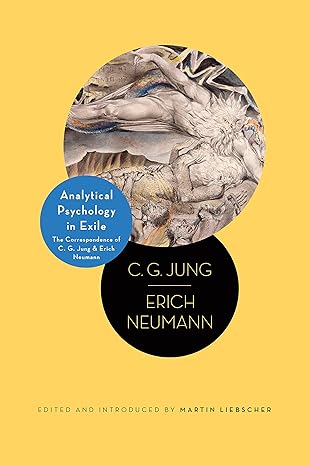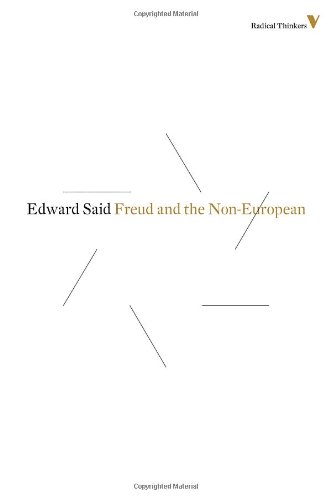Analytical Psychology in Exile: The Correspondence of C. G. Jung and Erich Neumann

Book Details
- Publisher : Princeton University Press
- Published : 2015
- Cover : Hardback
- Pages : 496
- Category :
Jung and Analytical Psychology - Catalogue No : 37406
- ISBN 13 : 9780691166179
- ISBN 10 : 069116617X
Also by C.G. Jung
Also by Erich Neumann
Art and the Creative Unconscious: Four Essays
Price £38.00
Also by Martin Liebscher
Free UK Delivery over £25
There are currently no reviews
Be the first to review
C. G. Jung and Erich Neumann first met in 1933, at a seminar Jung was conducting in Berlin. Jung was fifty-seven years old and internationally acclaimed for his own brand of psychotherapy. Neumann, twenty-eight, had just finished his studies in medicine. The two men struck up a correspondence that would continue until Neumann's death in 1960. A lifelong Zionist, Neumann fled Nazi Germany with his family and settled in Palestine in 1934, where he would become the founding father of analytical psychology in the future state of Israel.
Presented here in English for the first time are letters that provide a rare look at the development of Jung's psychological theories from the 1930s onward as well as the emerging self-confidence of another towering twentieth-century intellectual who was often described as Jung's most talented student. Neumann was one of the few correspondence partners of Jung's who was able to challenge him intellectually and personally.
These letters shed light on not only Jung's political attitude toward Nazi Germany, his alleged anti-Semitism, and his psychological theory of fascism, but also his understanding of Jewish psychology and mysticism. They affirm Neumann's importance as a leading psychologist of his time and paint a fascinating picture of the psychological impact of immigration on the German Jewish intellectuals who settled in Palestine and helped to create the state of Israel. Featuring Martin Liebscher's authoritative introduction and annotations, this volume documents one of the most important intellectual relationships in the history of analytical psychology.
About the Author(s)
C. G. Jung (1875 - 1961) was a Swiss psychiatrist, innovative thinker and founder of Analytical Psychology, whose most influential ideas include the concept of psychological archetypes, the collective unconscious, and synchronicity. He is the author of numerous works, including Memories, Dreams, Reflections and Man and His Symbols.
Erich Neumann, one of C.G. Jung's pupils, was among the most creative in building on Jung's work and carrying it forward in new explorations and syntheses. Before he met Jung he was trained in philosophy and medicine. He was also a poet and novelist. A native of Germany, he completed his medicinal studies in Berlin but, owing to the activities of the Nazis, left Germany in 1934 and, after studying with Jung in Zurich, emigrated to Tel Aviv. His range of understanding is apparent in his writings of which the major works have been translated into English. These include: The Great Mother; Art and the Creative Unconscious; Depth Psychology and a New Ethic and The Child: Structure and Dynamics of the Nascent Personality.
Martin Liebscher is associate professor at the School of European Languages, Culture, and Society at University College London.
Customer Reviews
Our customers have not yet reviewed this title. Be the first add your own review for this title.
You may also like
Treating The Other Third: Vicissitudes of Adolescent Development and Therapy
H. Spencer Bloch
Price £34.99
Carl Jung and Alcoholics Anonymous: The Twelve Steps as a Spiritual Journey of...
Ian McCabe
Price £31.99









